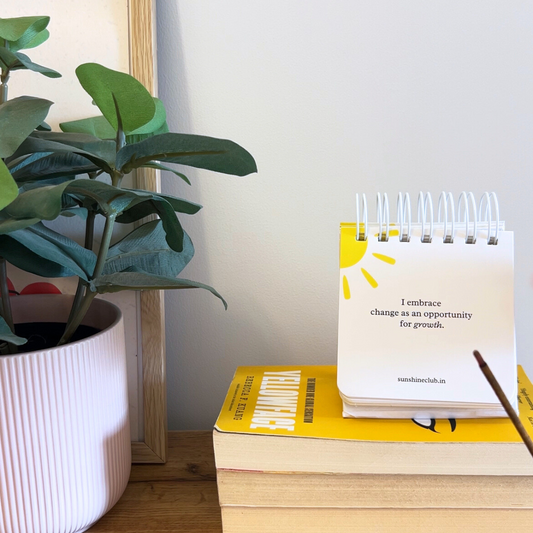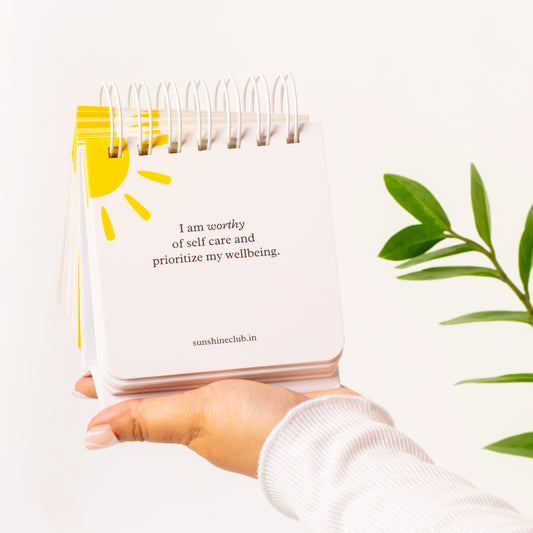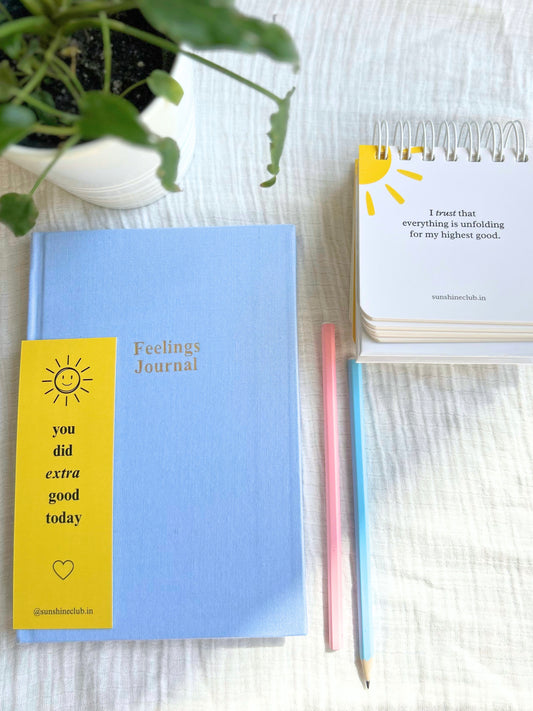
You think typing is better than writing? Think again!
Share
In an age dominated by screens and keyboards, the act of writing by hand may seem outdated or even unnecessary. However, there is a growing body of research and personal testimony that suggests otherwise. Writing, in its traditional pen-and-paper form, offers cognitive, emotional, and creative benefits that typing simply cannot replicate. While typing may be faster and more convenient, the depth of engagement and mental processing that occurs during handwriting makes it a superior method for many important tasks like learning, memory retention, creativity, and mindfulness.
Cognitive Benefits and Memory Retention
One of the most significant advantages of writing over typing lies in how it affects memory and learning. Studies have shown that people who take notes by hand tend to remember and understand the material better than those who type. This is because writing is a slower process, which forces the brain to actively process the information, summarise it, and decide what’s most important. This active engagement strengthens memory retention. Typing, on the other hand, is often more mechanical and involves transcribing information verbatim, which doesn't require deep thinking or comprehension.
Better Learning Through Engagement
Writing by hand engages multiple parts of the brain simultaneously—motor skills, memory, and even emotional centers. This multi-sensory process promotes deeper learning. For example, students who write notes or essays by hand often find that they understand the concepts more clearly and can recall them with greater ease. The physical act of forming letters and structuring sentences encourages focus and critical thinking, while typing tends to promote speed over substance.
Enhanced Creativity and Idea Flow
Many writers, poets, and artists swear by the creative power of handwriting. There’s something about the tactile connection between pen and paper that can unleash imagination in ways a keyboard can't. Writing by hand slows down the thought process just enough to allow ideas to form and evolve more naturally. This can be especially helpful in the early stages of brainstorming or creative writing. In contrast, typing often encourages quick, surface-level thinking, which can hinder the flow of more nuanced or original ideas.
Emotional and Psychological Connection
Writing by hand also fosters a stronger emotional connection with what you're expressing. This is why practices like journaling or writing letters are often more cathartic when done on paper. The deliberate nature of handwriting allows for introspection and reflection. It becomes a meditative act, one that helps individuals slow down, connect with their thoughts, and express their feelings in a more meaningful way. Typing, although efficient, can feel sterile and disconnected in comparison.
Mindfulness and Focus
In a fast-paced digital world filled with distractions, handwriting can be a grounding practice. It promotes mindfulness by requiring full attention to the task at hand. When you write, you're less likely to switch tabs, check notifications, or get sidetracked. This undivided focus helps reduce stress and improves overall mental clarity. For many people, writing serves as a quiet ritual—a chance to unplug and reconnect with themselves.
Unique Personal Expression
Every person’s handwriting is distinct. It’s an extension of personality and emotion. The loops, slants, and pressure all communicate subtle cues about the writer's mood, intent, and individuality. This personal touch is completely lost in typed text, which appears uniform regardless of who is behind the keyboard. Whether it's a handwritten letter, a personal diary entry, or notes in the margins of a book, these markings carry an authenticity that typing simply can’t replicate.
While typing has its advantages—speed, convenience, and ease of editing—writing by hand offers unmatched benefits for memory, creativity, emotional expression, and focus. It connects us more deeply with our thoughts and the material we’re working with. In an increasingly digital world, returning to handwriting may seem old-fashioned, but it just might be the key to more meaningful communication and deeper learning.








